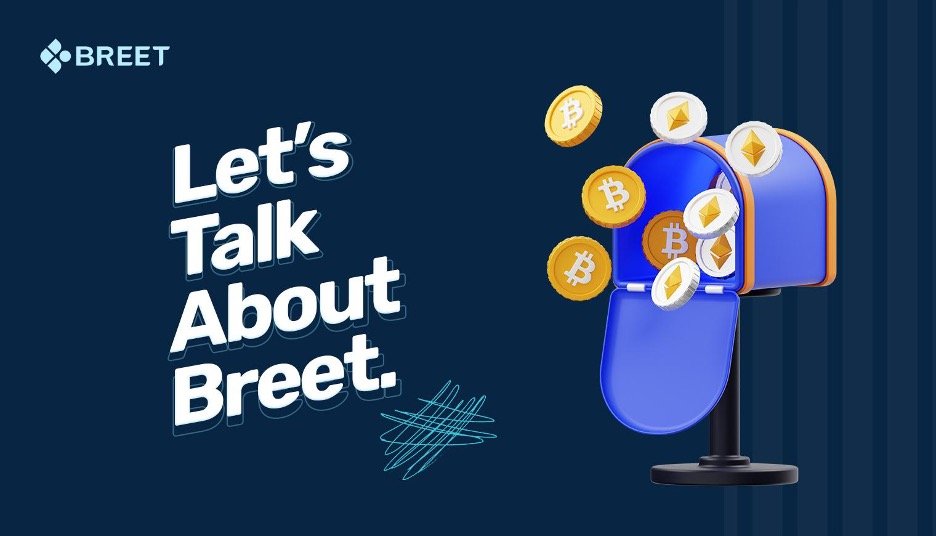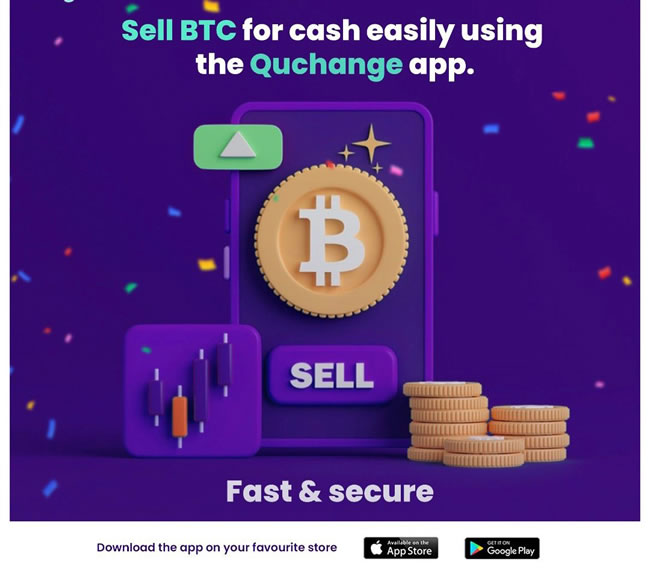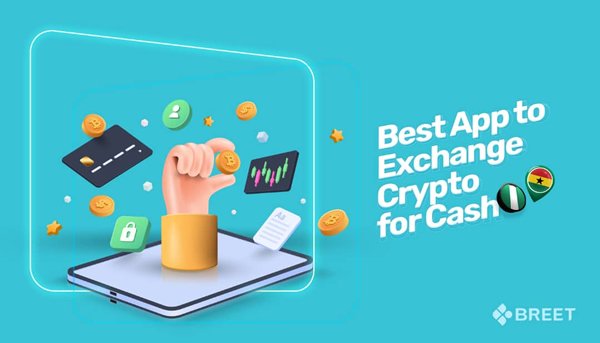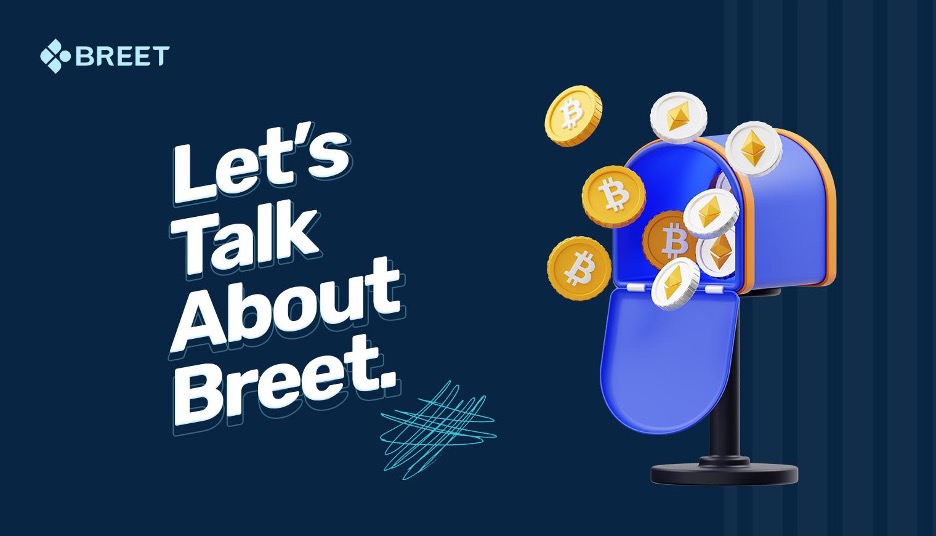Are you curious about how to sell Bitcoins in Nigeria? Well, you’re in the right place! Selling Bitcoins can be a bit overwhelming, but don’t worry, we’ve got you covered. In this article, we’ll guide you through the process step by step, so you can confidently sell your Bitcoins and cash out with ease.
First things first, let’s break down the process of selling Bitcoins in Nigeria. To sell your Bitcoins, you’ll need to find a reliable cryptocurrency exchange that operates in Nigeria. There are several exchanges available, so it’s crucial to do your research and choose one that suits your needs. Once you’ve found an exchange, you’ll need to create an account and verify your identity. This is a standard procedure to ensure the security of your transactions.

This image is property of guardian.ng.
Introduction
Welcome to our guide on how to sell Bitcoins in Nigeria! In this article, we will provide you with a step-by-step process on how to sell Bitcoin in Nigeria, covering everything from understanding Bitcoins to transferring funds to your bank account. We will also discuss the legality of Bitcoin in Nigeria, choosing a Bitcoin exchange, creating a Bitcoin wallet, setting up an account on a Bitcoin exchange, as well as selling Bitcoins on an exchange and through peer-to-peer trading. So let’s dive in!
Understanding Bitcoins
What is Bitcoin?
Bitcoin is a digital currency that was created in 2009 by an anonymous person or group of people using the pseudonym Satoshi Nakamoto. It operates on a decentralized network called blockchain, which allows for peer-to-peer transactions without the need for intermediaries such as banks or governments. Bitcoin is known for its limited supply and its ability to be divided into small units, making it a popular choice for both investment and transactions.
How does Bitcoin work?
Bitcoin works through a technology called blockchain, which is a decentralized ledger that records all Bitcoin transactions. When a transaction is made, it is added to a block and verified by network participants known as miners. Once a block is verified, it is added to the blockchain, making the transaction permanent and immutable. This transparency and security make Bitcoin a trusted form of digital currency.
Why is Bitcoin popular in Nigeria?
Bitcoin has gained popularity in Nigeria for several reasons. Firstly, it offers an alternative to the traditional banking system, which can be unreliable and inaccessible for many Nigerians. Additionally, Bitcoin provides a way to protect against inflation and currency devaluation, which have been issues in Nigeria. Lastly, Bitcoin offers fast and low-cost transactions, making it an attractive option for sending and receiving payments both domestically and internationally.
Legality of Bitcoin in Nigeria
Legal status of Bitcoin in Nigeria
As of now, Bitcoin is not considered legal tender in Nigeria. However, it is not illegal to own or trade Bitcoin. The Central Bank of Nigeria (CBN) has issued warnings about the risks associated with cryptocurrencies, but it has not imposed any outright bans. It is important to note that the regulatory environment surrounding Bitcoin in Nigeria is still evolving, and it is always a good idea to stay updated on any changes in legislation.
Regulatory framework in Nigeria
The regulatory environment for cryptocurrencies in Nigeria is overseen by several government agencies, including the Securities and Exchange Commission (SEC) and the Central Bank of Nigeria (CBN). The SEC has recognized digital assets as securities, which means that they are subject to regulation and oversight. The CBN, on the other hand, has issued guidelines for banks and financial institutions regarding the use of cryptocurrencies.
Tax implications of selling Bitcoin in Nigeria
When it comes to tax implications, the Nigerian tax authorities have not provided clear guidelines on how to treat Bitcoin for tax purposes. However, it is generally advisable to declare any income derived from selling Bitcoin and to consult with a tax professional for proper guidance. It is always better to be transparent with your taxes to avoid any future complications.
Choosing a Bitcoin Exchange
Factors to consider when choosing an exchange
When choosing a Bitcoin exchange in Nigeria, there are several factors to consider. These include:
- Security: Look for exchanges that have strong security measures in place, such as two-factor authentication and encryption.
- Reputation: Research the reputation and track record of the exchange to ensure it is trustworthy and reliable.
- Liquidity: Choose an exchange with high trading volumes, as this ensures that there will be enough buyers and sellers for your transactions.
- Fees: Consider the fees charged by the exchange for trading and withdrawals. It is important to compare different exchanges to find the most competitive rates.
- User interface: Look for an exchange with a user-friendly interface that suits your level of experience and trading needs.
Popular Bitcoin exchanges in Nigeria
Some of the popular Bitcoin exchanges in Nigeria include:
- Luno: Luno is a well-established exchange that allows you to buy, sell, and store Bitcoin. It offers a mobile app and a user-friendly interface, making it a great choice for beginners.
- Quidax: Quidax is another popular exchange in Nigeria that supports multiple cryptocurrencies, including Bitcoin. It offers competitive trading fees and has a responsive customer support team.
- BuyCoins: BuyCoins is a Nigerian-based exchange that allows you to buy, sell, and store Bitcoin with ease. It offers a simple user interface and has a strong focus on security.
Security measures of Bitcoin exchanges
When it comes to security, reputable Bitcoin exchanges implement various measures to protect their users’ funds. These may include:
- Two-Factor Authentication (2FA): This adds an extra layer of security by requiring users to provide a second form of verification, such as a code sent to their mobile device, in addition to their password.
- Cold Storage: Exchanges may store a majority of their users’ funds offline in cold wallets, which are not connected to the internet and are therefore less susceptible to hacking.
- Encryption: Exchanges may encrypt sensitive data, such as users’ personal information and private keys, to prevent unauthorized access.
- Audits: Some exchanges undergo regular audits to ensure that they are operating securely and transparently.

This image is property of public.bnbstatic.com.
Creating a Bitcoin Wallet
What is a Bitcoin wallet?
A Bitcoin wallet is a software program or a physical device that allows you to securely store, send, and receive Bitcoin. It consists of a pair of cryptographic keys: a public key, which is used to receive Bitcoin, and a private key, which is used to access and transfer the funds stored in the wallet.
Different types of Bitcoin wallets
There are several types of Bitcoin wallets to choose from, including:
- Desktop wallets: These are software programs that you install on your computer. They offer a high level of security, as the private keys are stored locally. However, they may be vulnerable to malware or hacking if your computer is not properly secured.
- Mobile wallets: These are apps that you can install on your smartphone. They offer convenience and are great for everyday transactions. However, they may be less secure than desktop wallets if your phone is lost or stolen.
- Hardware wallets: These are physical devices that resemble USB sticks. They offer the highest level of security, as the private keys are stored offline. However, they may be less user-friendly for beginners.
- Web wallets: These are online wallets that you access through a web browser. They offer convenience, but they are generally considered to be less secure than other types of wallets, as they are susceptible to hacking.
Recommended wallets for selling Bitcoin in Nigeria
For selling Bitcoin in Nigeria, we recommend using either Luno or Quidax as they provide both exchange and wallet services. Luno offers a mobile app and a user-friendly interface, making it suitable for beginners. Quidax, on the other hand, supports multiple cryptocurrencies and offers competitive trading fees.
Setting Up an Account on a Bitcoin Exchange
Step-by-step guide to creating an account
To set up an account on a Bitcoin exchange, follow these steps:
- Visit the exchange’s website and click on the “Sign Up” or “Register” button.
- Provide your email address and choose a strong, unique password.
- Complete the registration process by verifying your email address through a confirmation link sent to your inbox.
- Provide any additional information required by the exchange, such as your full name, address, and phone number.
- Set up any security measures, such as two-factor authentication, to further protect your account.
Account verification process
Most Bitcoin exchanges require users to verify their identity before they can start trading. This is known as Know Your Customer (KYC) verification and is done to prevent fraud and comply with anti-money laundering regulations. The verification process usually involves providing a copy of your government-issued ID, proof of address, and sometimes a selfie or a video verification.
Tips for securing your exchange account
To secure your exchange account and protect your Bitcoin, consider the following tips:
- Enable two-factor authentication (2FA) to prevent unauthorized access to your account.
- Use a strong, unique password that includes a combination of letters, numbers, and special characters.
- Enable email or SMS notifications for any account activity, such as logins or withdrawals.
- Avoid using public Wi-Fi networks when accessing your exchange account, as they may be vulnerable to hacking.
- Regularly update your software and antivirus programs to protect against malware and phishing attacks.

This image is property of guardian.ng.
Selling Bitcoins on an Exchange
Placing a sell order
To sell Bitcoins on an exchange, follow these steps:
- Log in to your exchange account and navigate to the trading section.
- Choose the option to sell Bitcoin and select the amount you wish to sell.
- Set the price at which you want to sell your Bitcoin or choose a market order to sell at the current market price.
- Review the details of your sell order, including the fees and the amount you will receive, and confirm the transaction.
- Wait for your sell order to be matched with a buyer. Once the transaction is complete, the funds will be credited to your account.
Choosing the right trading pair
When selling Bitcoin, you need to choose the right trading pair, which is the currency you want to receive in exchange for your Bitcoin. In Nigeria, popular trading pairs include BTC/NGN (Bitcoin/Naira) and BTC/USDT (Bitcoin/Tether). The BTC/NGN trading pair allows you to sell your Bitcoin directly for Nigerian Naira, while the BTC/USDT trading pair allows you to sell your Bitcoin for a stablecoin pegged to the US dollar.
Understanding trading fees
Exchanges charge trading fees for buying or selling Bitcoin. These fees may vary depending on the exchange and the volume of your transactions. Common types of fees include:
- Maker fee: This fee is applied when you place a sell order that adds liquidity to the market by not immediately filling an existing buy order. Maker fees are typically lower than taker fees.
- Taker fee: This fee is applied when you place a sell order that is immediately filled by an existing buy order. Taker fees are usually higher than maker fees.
- Withdrawal fee: Some exchanges charge a fee for withdrawing your funds to an external Bitcoin wallet or a bank account. This fee may vary depending on the withdrawal method and the exchange.
Peer-to-Peer Bitcoin Trading
Advantages and disadvantages of peer-to-peer trading
Peer-to-peer (P2P) Bitcoin trading allows you to buy or sell Bitcoin directly with another individual without involving a centralized exchange. The advantages of P2P trading include:
- Lower fees: P2P trading often involves lower fees compared to centralized exchanges, as there are no intermediaries.
- Privacy: P2P trading allows for more privacy, as transactions are conducted directly between individuals.
- Flexibility: P2P trading allows you to negotiate the terms of the trade, such as the price and payment method.
However, there are also some disadvantages to consider. These include:
- Lack of regulation: P2P trading is not regulated, which means that there is a higher risk of scams or fraudulent transactions.
- Limited liquidity: P2P trading relies on finding a willing buyer or seller. This can sometimes result in limited liquidity, especially for large transactions.
- Security risks: P2P trading involves trusting the counterparty to fulfill their part of the trade. There is a risk of fraud or theft if adequate precautions are not taken.
Finding buyers and sellers
To find buyers or sellers for P2P Bitcoin trading in Nigeria, you can consider using:
- LocalBitcoins: LocalBitcoins is a global P2P Bitcoin marketplace that allows users to trade directly with each other. It offers a variety of payment options and allows you to find buyers or sellers in your local area.
- Paxful: Paxful is another P2P Bitcoin marketplace that connects buyers and sellers. It offers a wide range of payment methods, including bank transfers, gift cards, and mobile money.
You can browse through the available listings on these platforms and choose a buyer or seller based on their reputation, trading history, and payment method.
Ensuring a secure transaction
To ensure a secure transaction in P2P Bitcoin trading, consider the following tips:
- Choose reputable buyers or sellers with a high feedback score and a good trading history.
- Use escrow services provided by the P2P platform. This holds the Bitcoin in a secure account until both parties have fulfilled their obligations.
- Communicate through the platform’s messaging system to keep a record of all communication.
- Double-check the payment details before sending or receiving funds to avoid any mistakes or scams.
- Conduct transactions in a public place if meeting in person and take necessary precautions to protect yourself and your assets.

This image is property of tribuneonlineng.com.
Transferring Funds to Your Bank Account
Withdrawing funds from the exchange
To withdraw funds from a Bitcoin exchange to your bank account, follow these steps:
- Log in to your exchange account and navigate to the withdrawal section.
- Choose your preferred withdrawal method, such as a bank transfer.
- Enter your bank account details, including the account number and the name of the bank.
- Enter the amount you want to withdraw and review the withdrawal details.
- Confirm the transaction and wait for the funds to be credited to your bank account.
Transaction processing time
The processing time for withdrawing funds from a Bitcoin exchange to your bank account may vary depending on the exchange and the bank. It can take anywhere from a few minutes to several business days. It is advisable to check the withdrawal processing time of the exchange you are using to have a better understanding of how long it will take for the funds to reach your bank account.
Bank fees and charges
When transferring funds from a Bitcoin exchange to your bank account, you may incur bank fees and charges. These fees can include transaction fees, conversion fees (if the funds are being transferred in a different currency), and other charges imposed by your bank. It is advisable to inquire with your bank about their fees for receiving international or cryptocurrency-related transfers to avoid any surprises.
Conclusion
Selling Bitcoins in Nigeria can be a straightforward process if you follow the steps outlined in this guide. From understanding Bitcoins to choosing a Bitcoin exchange, creating a Bitcoin wallet, and setting up an account, we have covered everything you need to know to get started. Whether you choose to sell Bitcoins on an exchange or through peer-to-peer trading, it is important to prioritize security and stay informed about the legal and regulatory landscape. By taking these precautions, you can navigate the world of Bitcoin selling with confidence and ease. Happy selling!

This image is property of cdn.punchng.com.


